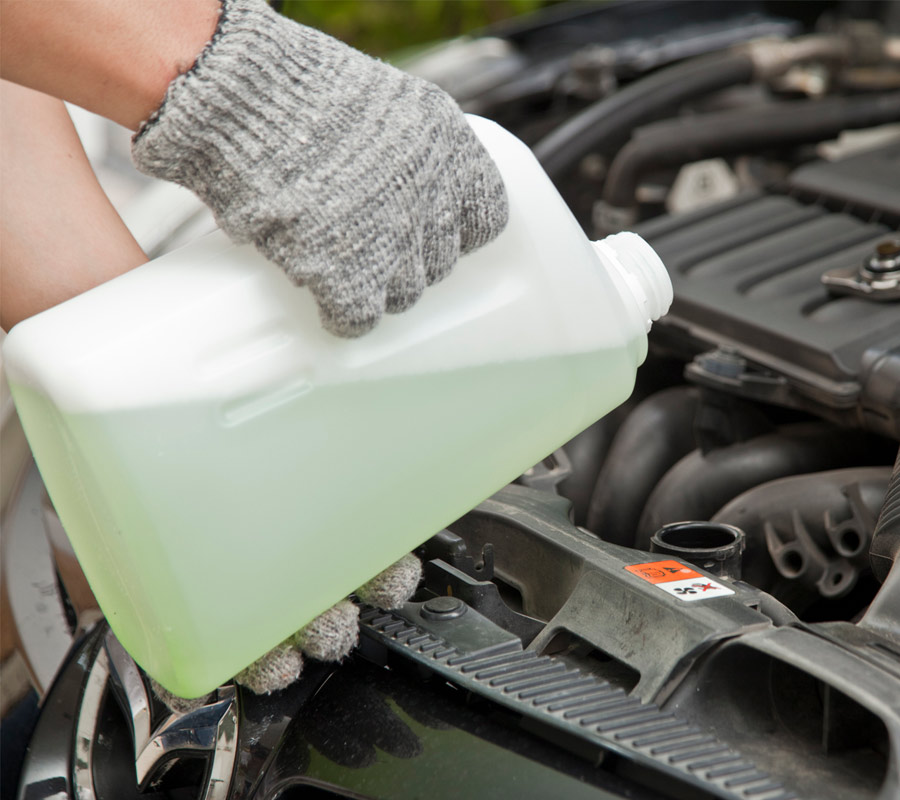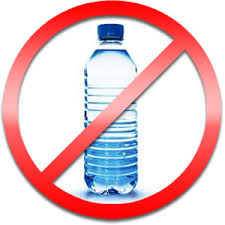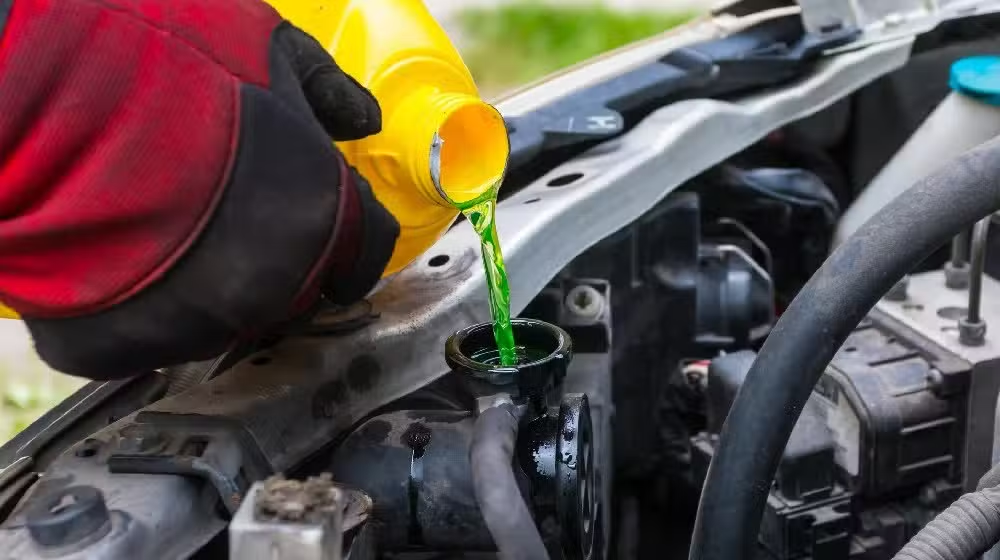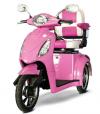The Dangers of Using Tap Water in Your Cars Cooling System

The Dangers of Using Tap Water in Your Cars Cooling System
Using tap water in your car’s cooling system might seem like a quick fix, but it can lead to severe long-term damage to your engine. The problem lies in the minerals found in tap water, including calcium, magnesium, and iron, which can cause corrosion and scale buildup over time. This can block essential cooling passages, reduce system efficiency, and result in engine overheating.
Corrosion Risks
The minerals in tap water promote rust formation, particularly in key components like the radiator, water pump, and engine block. Over time, this rust can damage metal surfaces, leading to leaks, reduced performance, and eventual failure of critical parts.

Scale Buildup and Clogged Passages
As tap water heats up and evaporates, minerals are left behind, forming scale deposits inside the cooling system. These deposits can clog narrow passages, disrupting proper coolant flow. When cooling passages are blocked, the engine is more likely to overheat, causing damage to the cylinder head and head gasket.
Cooling Efficiency Impact
The primary role of the cooling system is to prevent the engine from overheating. Tap water has a lower boiling point (100°C) compared to coolant mixed with antifreeze, which can withstand temperatures of 106°C or higher. This small difference can make a big impact, especially under heavy loads or in hot climates. Coolant also contains additives that prevent corrosion and provide essential lubrication to the water pump, which tap water lacks.

Risk of Overheating
Using tap water instead of coolant significantly increases the risk of engine overheating. Overheating can cause major damage, such as a warped cylinder head, blown head gasket, or even a cracked engine block. These costly repairs can lead to complete engine failure if not addressed in time.
Temporary Use of Water in Emergencies
If you're in an emergency where only water is available, it's better to use distilled or purified water. Distilled water doesn’t contain harmful minerals, making it a safer temporary option. However, this is only a short-term solution. Be sure to flush the cooling system and replace the water with proper coolant as soon as possible to avoid long-term engine damage.
Proper Coolant Maintenance
Regular cooling system maintenance is key to prolonging the life of your engine. Always use the recommended coolant to protect against corrosion, overheating, and freezing. Periodically flush the cooling system and replace the coolant to keep the engine running efficiently and prevent harmful deposits from forming.
By avoiding tap water and maintaining your cooling system with the proper coolant, you ensure optimal engine performance and extend the life of your vehicle.
Related Auto News Updates
Latest Discussions
Comments
















Add a Comment "The Dangers of Using Tap Water in Your Cars Cooling System"